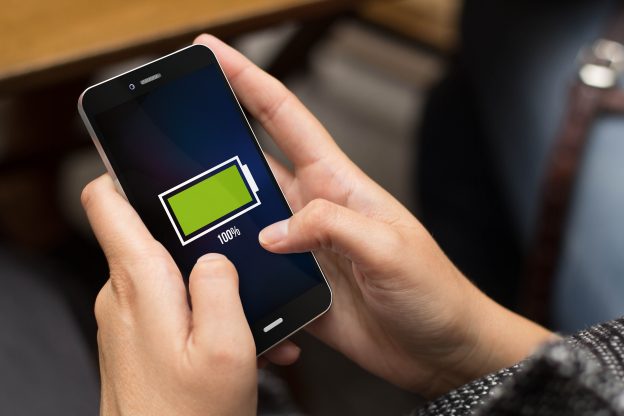 It seems that General Motors is forfeiting the development in hydrogen fuel cell technology, and is in the midst of centralizing resources on developing battery electric vehicles, for the next 3 years at least.
It seems that General Motors is forfeiting the development in hydrogen fuel cell technology, and is in the midst of centralizing resources on developing battery electric vehicles, for the next 3 years at least.
General Motors (GM) published its “2020 Sustainable Operation Report” last week, and Chief Sustainability Officer Dane Parker commented that the 20 electric vehicles within the business plan of GM will not consist of hydrogen fuel cell models at least until 2023.
GM commented 3 years ago that its blueprint of electric vehicles contains two paths, with one being BEV, and another being fuel cell, and now it seems that this blueprint is about to undergo major changes.
GM had developed several fuel cell concept cars as early as 2002, and the company also designed a silent utility rover universal superstructure (SURUS) chassis for military vehicles, which adopts fuel cell power, and can be developed according to various usages.

▲ The fuel cell power chassis designed by GM for the military is optimal for implementing missions with its silent and substantial power features.
Fuel cell is currently the primary technology in green vehicles for Japanese and South Korean automotive manufacturers such as Hyundai and Toyota, who have been invested for a prolonged period in the specific field. The so-called “fuel cell” is a technology that uses hydrogen as the fuel for generating power that propels vehicles, and is capable of achieving the objective of zero emission alongside battery electric vehicles.
However, the trickiest part in promoting fuel cell vehicles is the significant difficulty in energy replenishment. The transportation and storage of hydrogen requires relatively complex technology, and the quantity of hydrogen refueling stations is inferior compared to charging stations for electric vehicles. Thus, the degree of popularization in fuel cell vehicles is far behind battery electric vehicles, despite superiority in both power and efficiency.
GM began arranging energy transformation in 2013, and apart from autonomously researching and developing battery electric vehicles, the company also signed a cooperation agreement with Honda on co-developing hydrogen fuel cell technology, and decided to co-establish a new generation fuel cell assembly plant in Michigan during 2016. Now that GM has announced the suspension in development, is it going to affect Honda?
“We have been dedicated in facilitating business operation for the most advanced fuel cell technology in the world with our long term partner Honda that will result in a win-win situation, and such plan has not been suspended, since our Michigan plant is currently installing equipment for fuel cell production”, commented GM, who clarified that the production of fuel cells has not been deferred due to the COVID-19 pandemic, and that the cooperation with Honda remains unimpeded.
There are obviously differences between this response and the comment made by the Chief Sustainability Officer Dana Parker. Doug Parks, Chief Product Officer of GM, then added, “It all depends on the situation, since fuel cells are advantageous, and our fuel cell project does look promising as well.”
The possible inference amidst the disordered information is that GM and Honda will continue on the joint development of fuel cell technology, and the battery plant co-invested by both parties will commence production as scheduled, though since GM will have no time in promoting new fuel cell vehicles, Honda will have to ponder on the direction for the next phase.
GM will indeed be occupied for the next two years since they must first improve the issues for its first generation of electric vehicle Bolt, as well as seize the market of small vehicles by reducing the cost, and focus on its flagship “Hummer EV” at the same time to compete with Cybertruck. In addition, GM also drafted a budget of billions of dollars in USD on developing battery technology, which will be applied on the Hummer EV, Cadillac, and its autonomous vehicle Cruise, though it won’t matter how much capital the company has if resource allocation is poorly executed.
(Photo source: GM)







